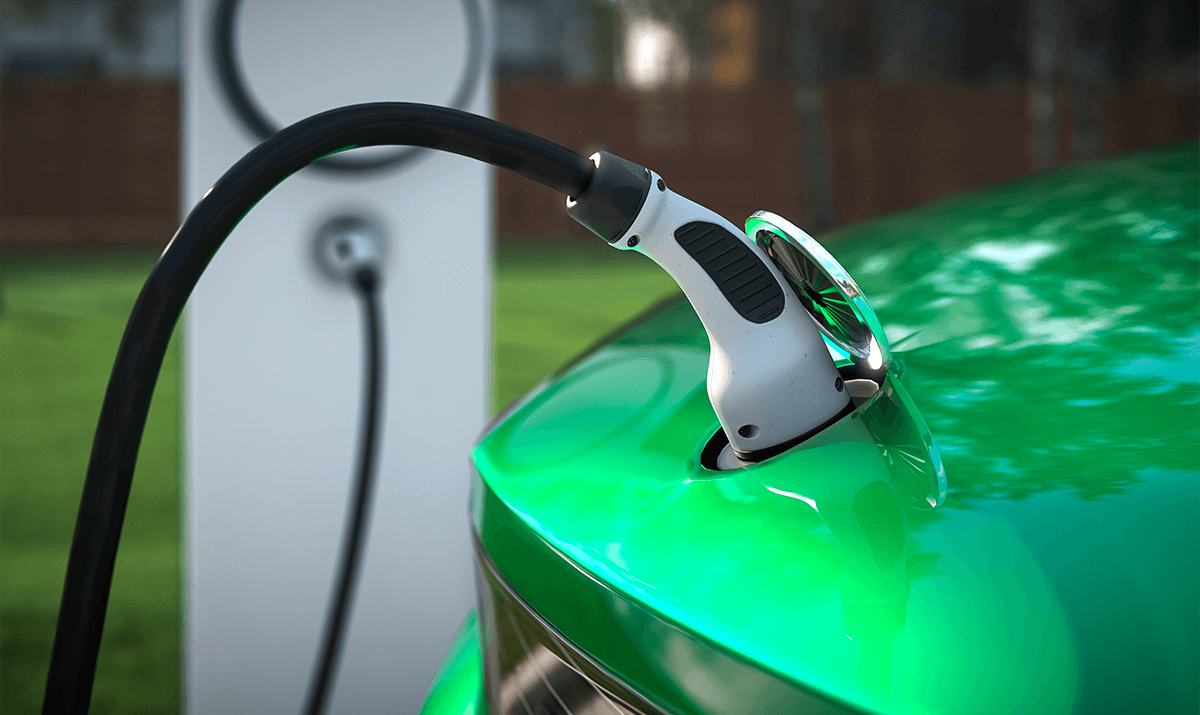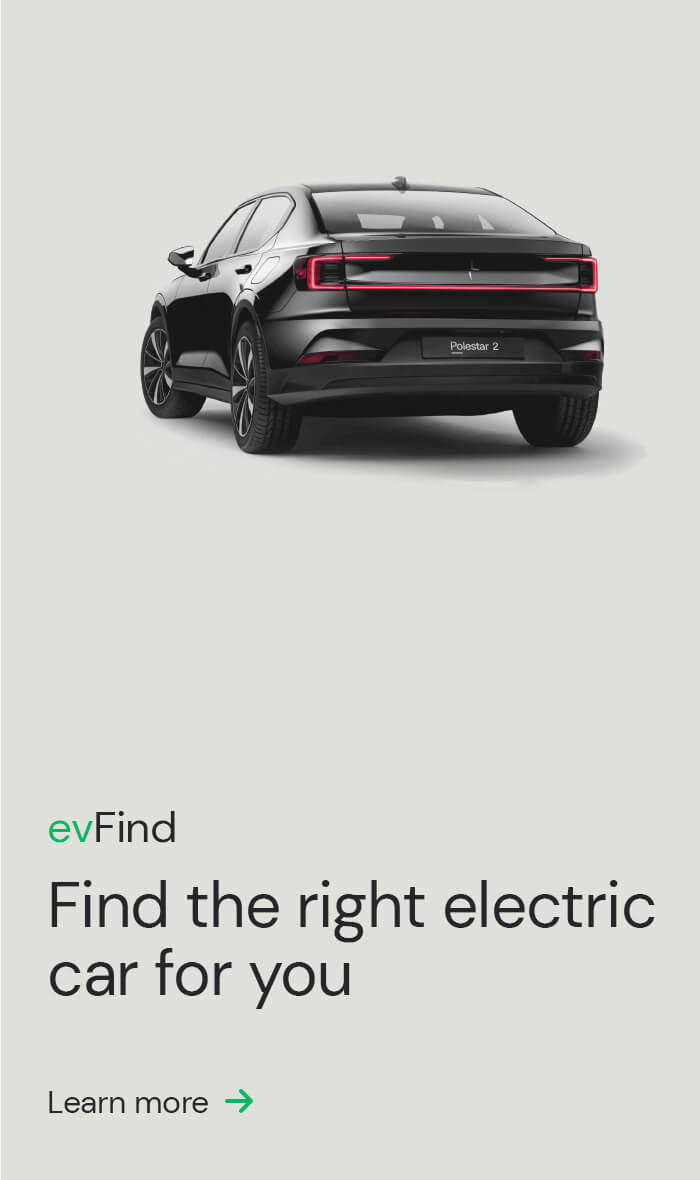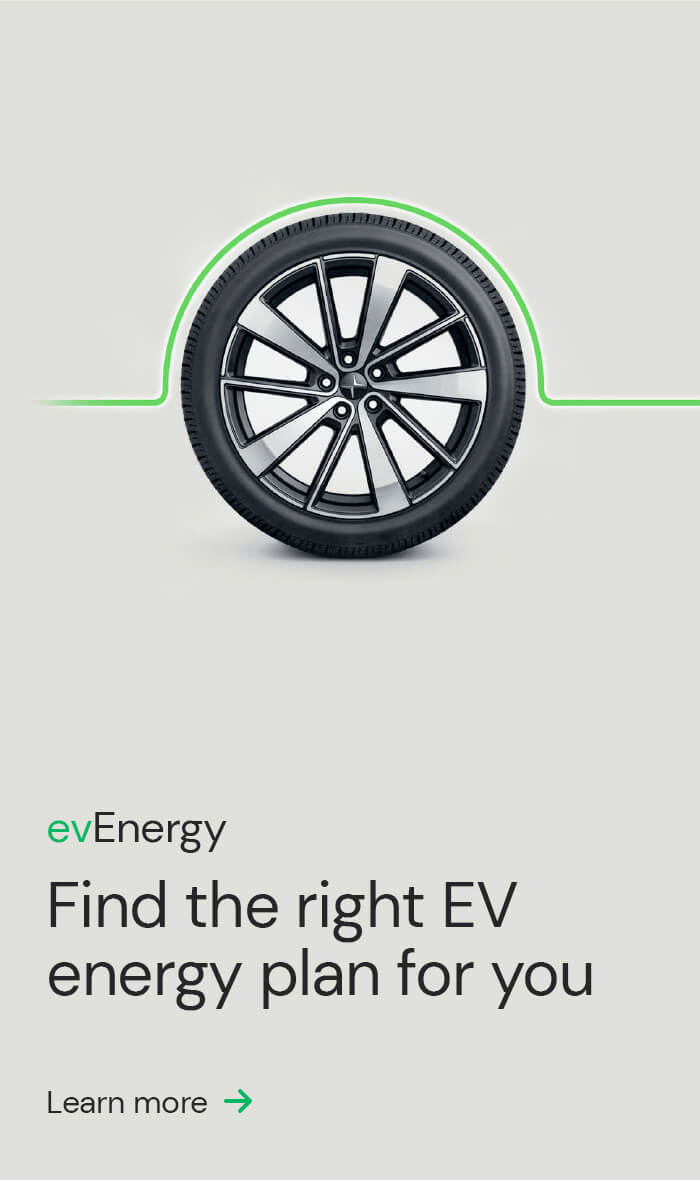Electric vehicles’ environmental benefits are well documented, but they’re also a real boom for the Australian economy. And these gains are not minor, insignificant ones, but transformational numbers that can bring about positive change for Australians.
How can electric cars help the economy? Much of it has to do with the knock-on effect of fewer pollutants and emissions being released. From reduced transport expenditures to lowered public health costs, let’s get down to the figures that will make a difference.
$500 billion saved on road transport expenditure
Most road transport costs come from air pollution, greenhouse gas emissions, along with noise and water pollution. To assess expected future expenditure on road transport, the Australian Conservation Foundation commissioned Deloitte Access Economics to carry out analysis that compared varying levels of EV adoption.
Its findings revealed that by 2035, if there is a complete transition to EVs and increased use of public transport, the economy could save as much as $492 billion.
More than $10,000 worth of economic and social benefits for every EV sold
When it comes to electric cars helping the economy, consulting firm EY executed a report that concluded every electric vehicle sold in Australia in place of a conventional petrol car will deliver economic and social benefits worth more than $10,000 over a period of 10 years.
Examining factors like reducing greenhouse gas emissions, particulates, other pollutants, and noise, as well as income tax generated by redistributing expenditure to more jobs-intensive industries than fuel retailing, the report showed that each EV has a net benefit to government and society of $8763 over 10 years, as well as providing an additional $1370 lift to government revenue.
$200 million saved in public health costs
Car tailpipes are responsible for releasing toxic carbon monoxide and nitrogen dioxide emissions that are harmful to health. The Australian Institute of Health and Welfare estimates that about 3,000 deaths are attributable to urban air pollution in Australia each year.
The ACT report calculated that if Australia achieves 30% EV sales by 2030, then the country could save $200 million in public health costs by 2035. Conversely, it alarmingly stated that if EV uptake didn’t pick up, Australia could be left with almost a $1 trillion health bill by 2050.
Summary
- Electric cars’ economic impact is significantly beneficial, especially if future targets are met.
- If there is a complete transition to EVs and increased use of public transport, it is estimated $492 billion will be saved on road transport expenditure by 2035.
- For every EV sold in Australia instead of an internal combustion engine-powered car, $10,000 of economic and social benefits will be delivered over 10 years.
- If Australia achieves 30% EV sales by 2030, then the country could save $200m in public health costs by 2035.
Are you considering making the switch to an electric vehicle? ActewAGL can help you effortlessly find, finance and charge your EV. Discover how ActewAGL can support your transition to sustainable driving today.
Sources
https://www.acf.org.au/half-trillion-dollars-saved-by-2035-with-transition-to-electric-vehicles



